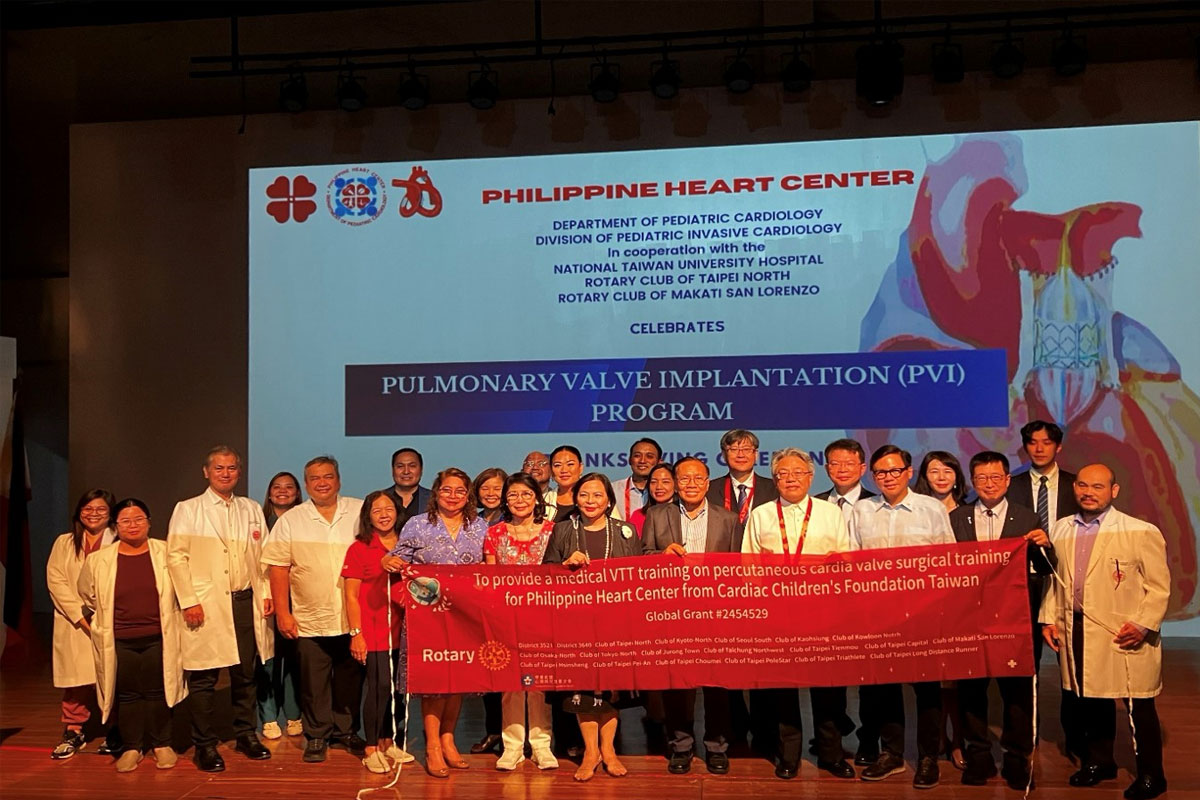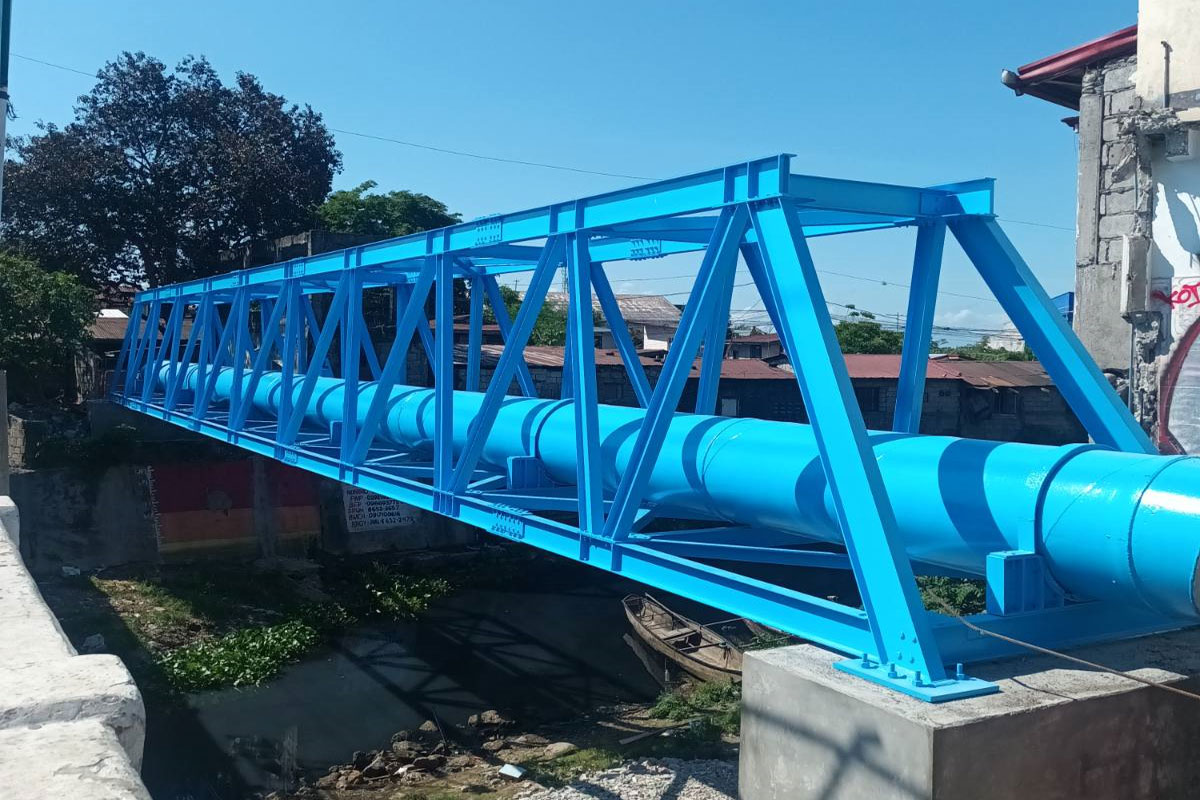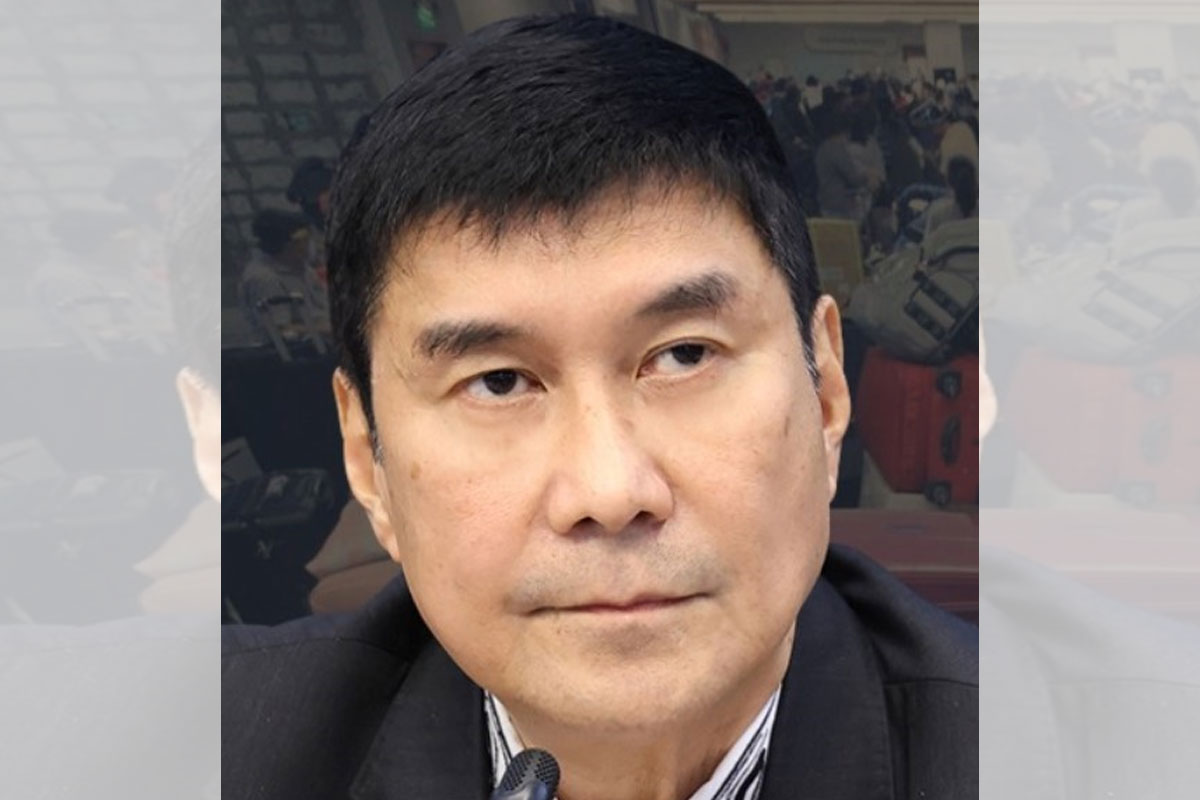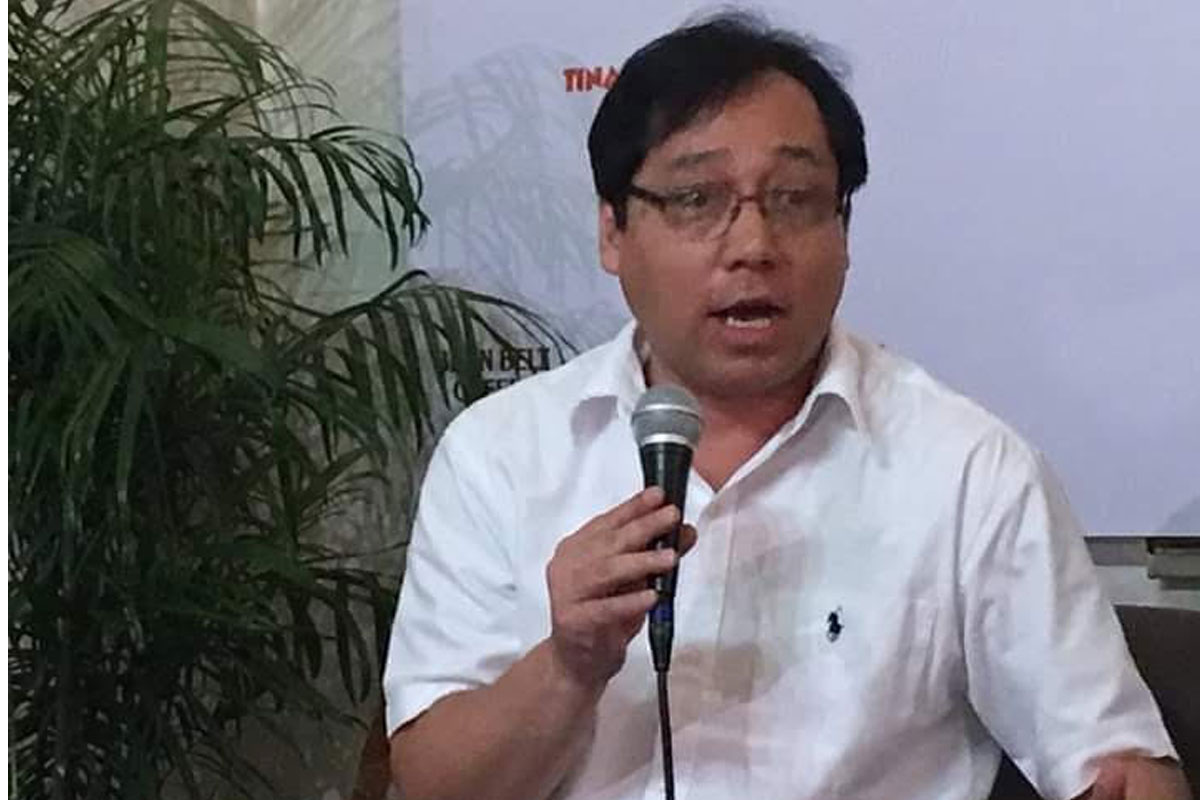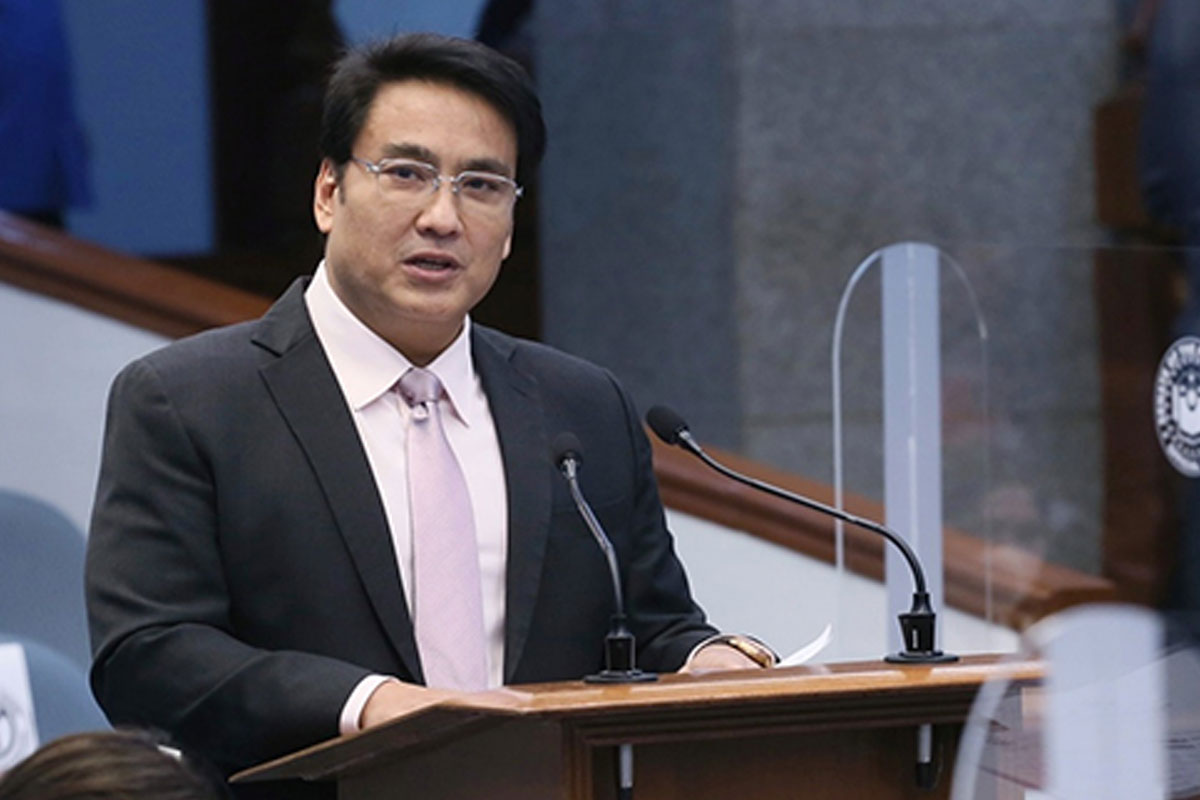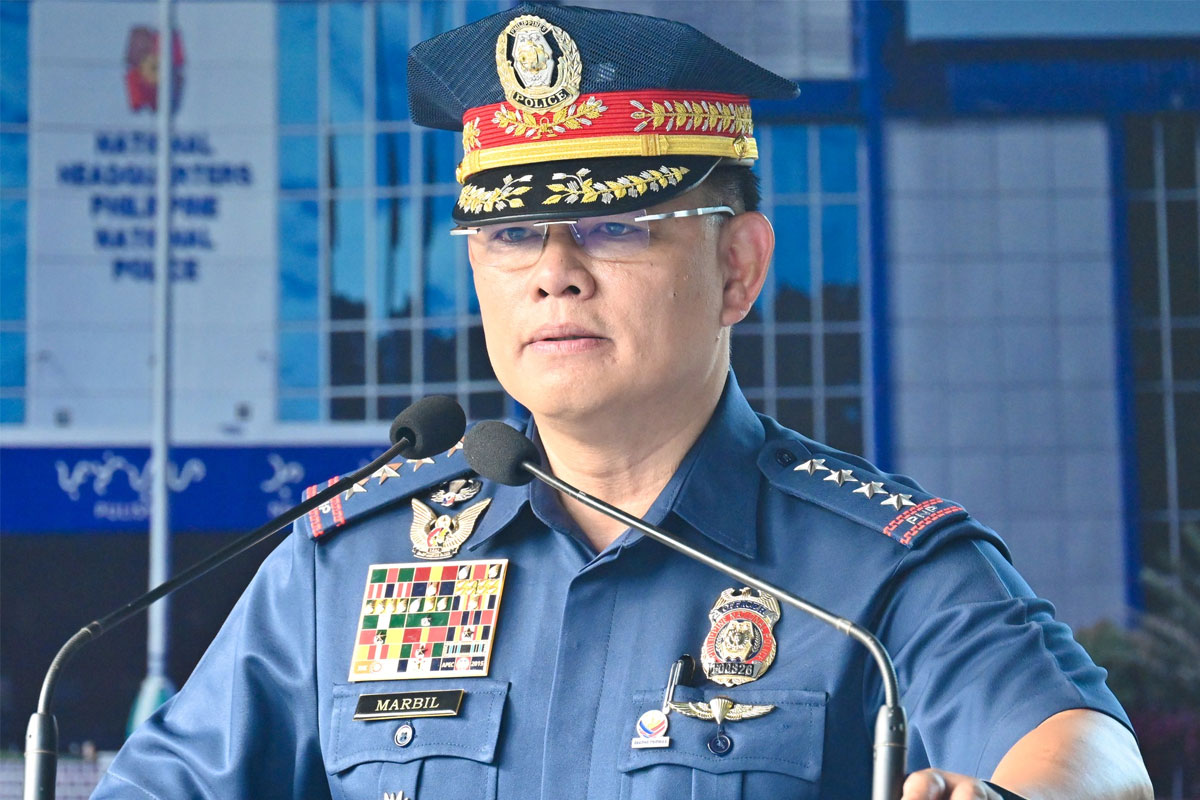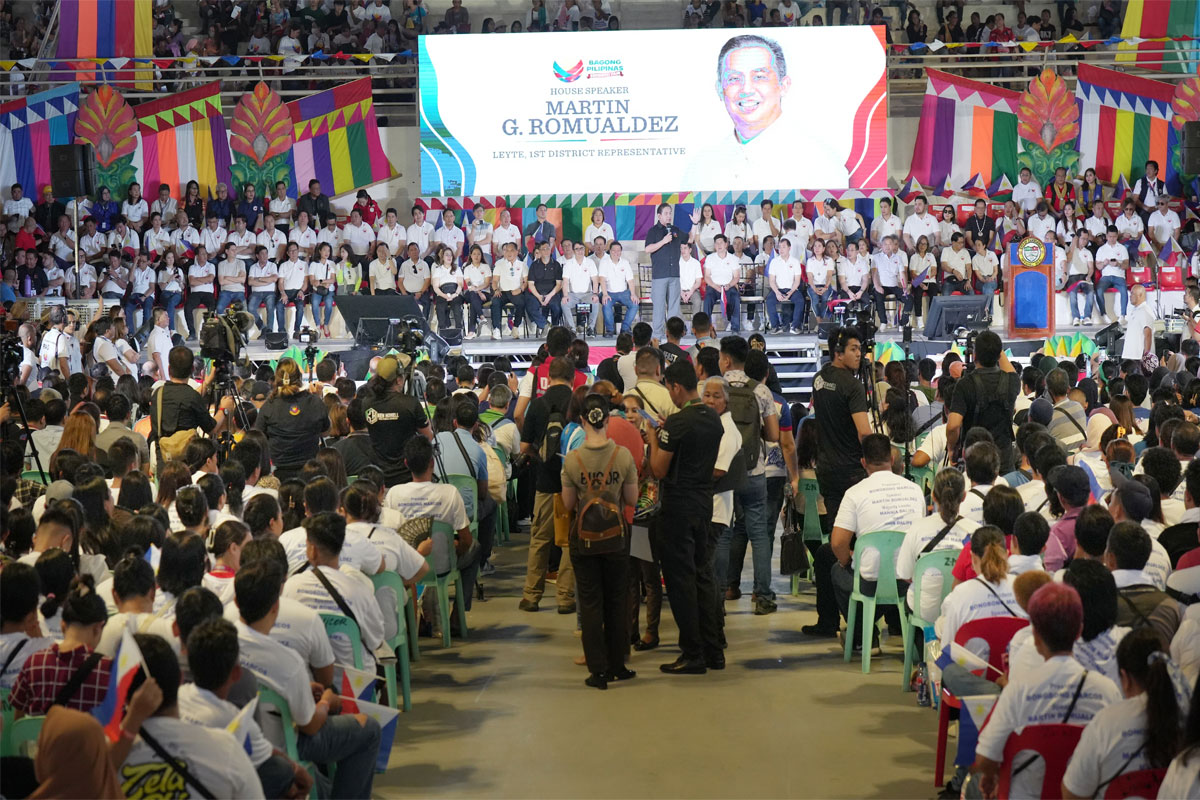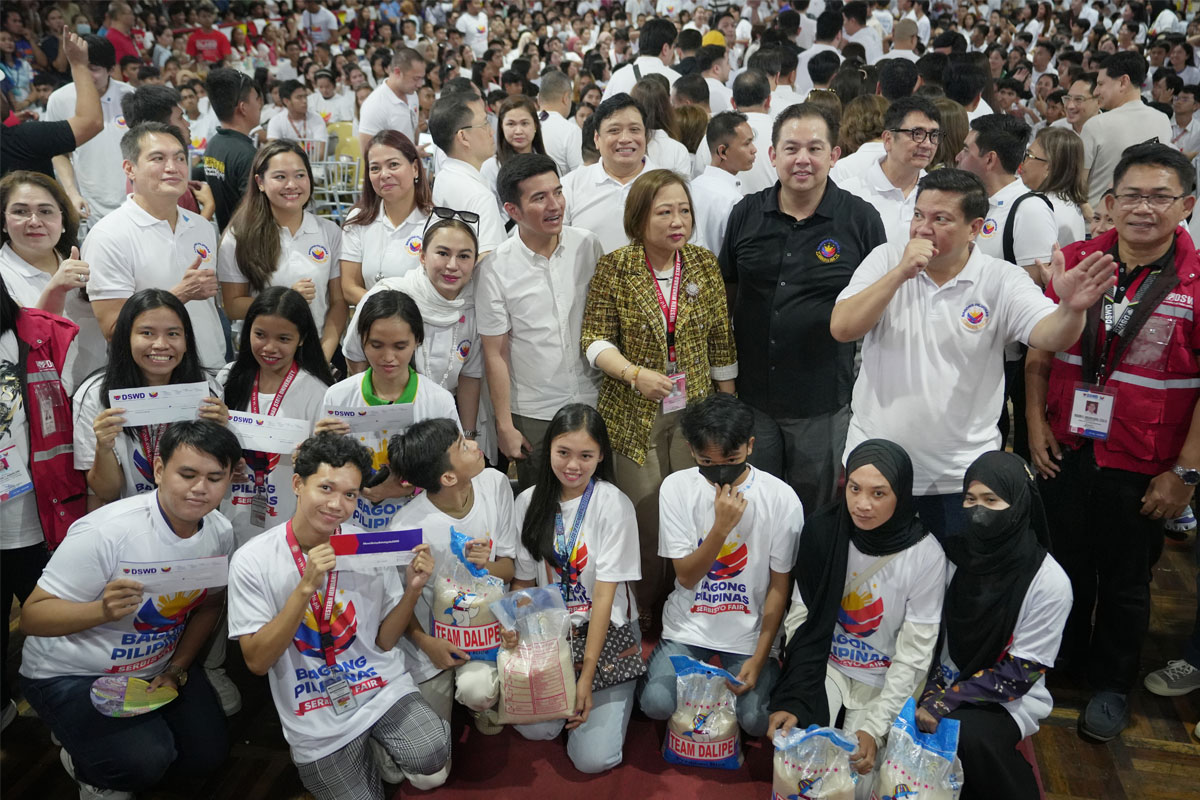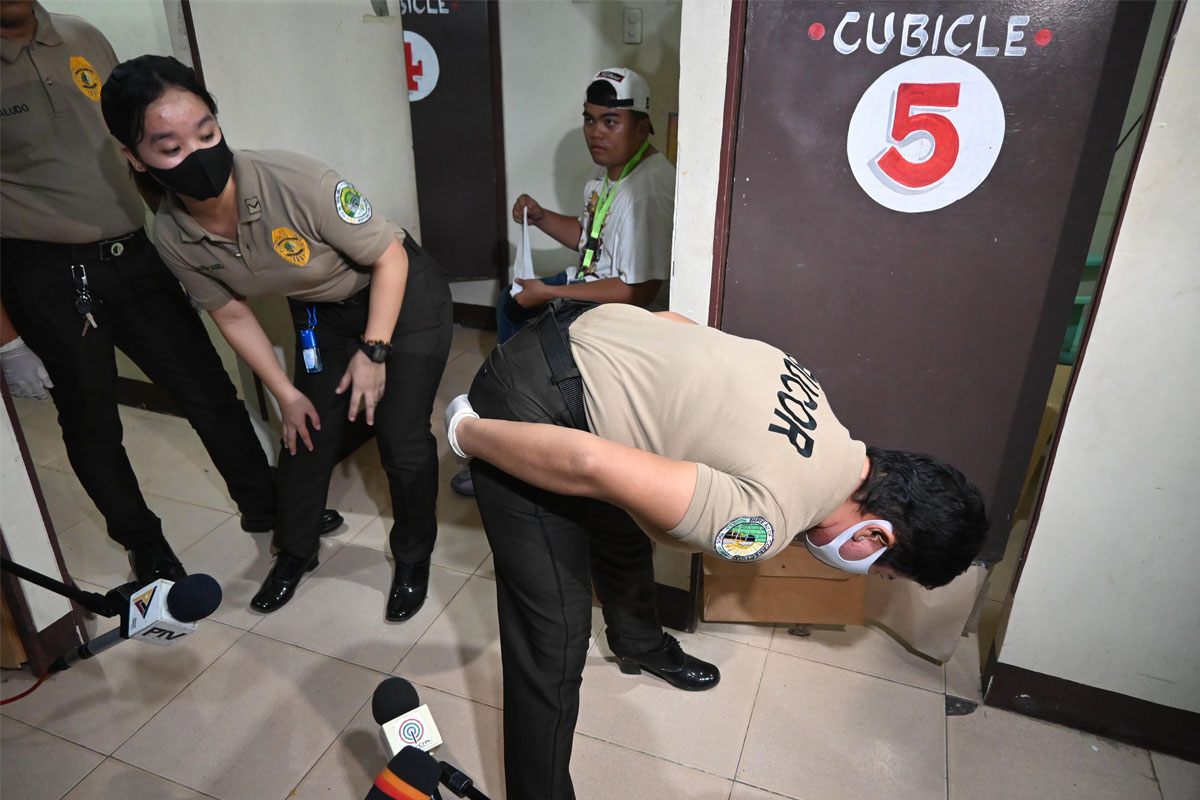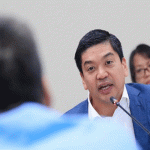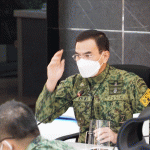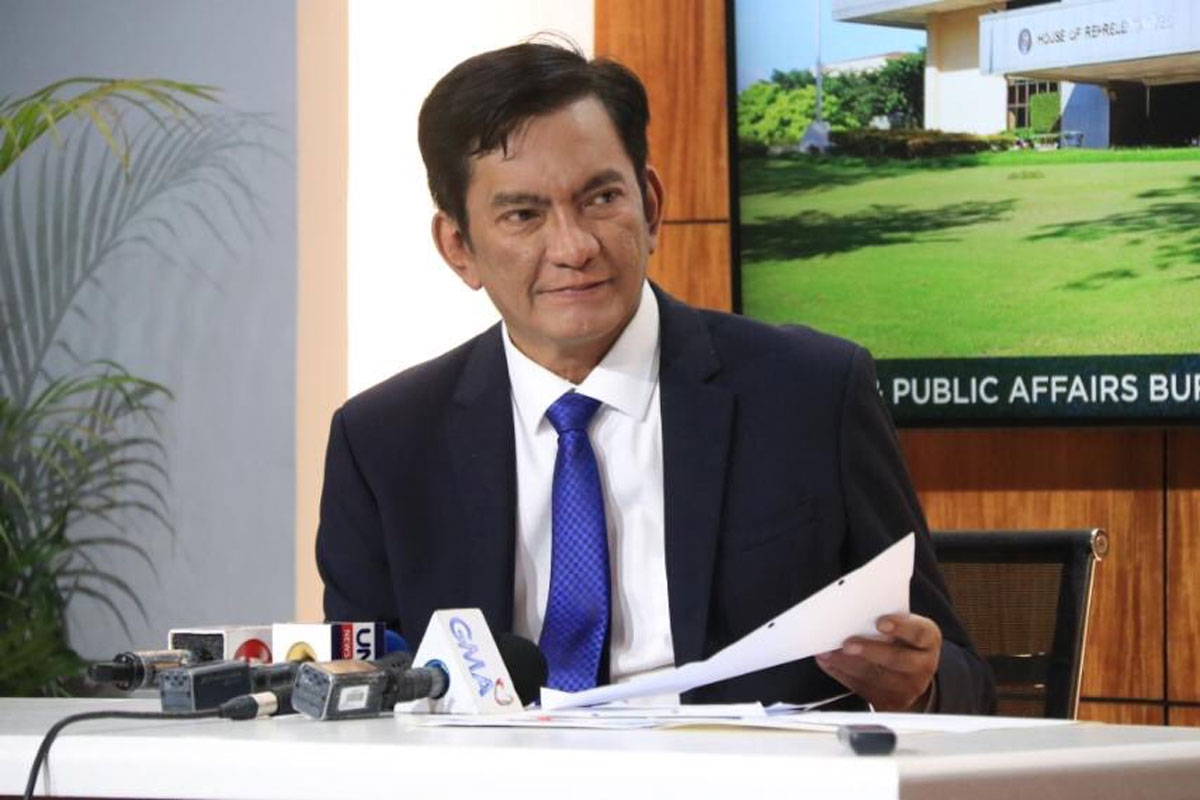
Salceda renews call for economic Cha-cha
CITING strong investor interest in the Philippines, a House leader on Sunday renewed his call for economic Charter change (Cha-cha) to help the economy recover from the devastating effects of the coronavirus disease 2019 (COVID-19) pandemic.
Albay Rep. Joey Sarte Salceda, chairman of the House committee on ways and means and a principal sponsor of the proposed Resolution of Both Houses (RBH) No. 2 which would amend economic restrictions of the 1987 Constitution, assured the House will commence deliberations on the proposal once session resumes on May 17.
Salceda also called the Senate once again to pass its own counterpart measure.
The House will do its part. That is for certain. But we hope the Senate begins deliberating soon. The timing is efficient, since we could have the plebiscite along with the 2022 elections,” Salceda said.
He also repeated his reassurance that the House has no intent of introducing political provisions to the proposed revisions.
“RBH 2 is pure economic reform. We know and understand that any political charter change will be dead on arrival,” Salceda added.
also called on the country’s lawmakers to “simply do what already worked for our neighbors” in Southeast Asia.
In his “A tale of two countries” sponsorship speech for RBH2, a speech widely covered in Vietnamese media, Salceda cited the success of foreign investment liberalization reforms undertaken by Vietnam.
“Vietnam began to overtake us in FDI-to-GDP by 1990, just 3 years after Doi Moi and the 1987 Constitution. Due to this underperformance, the average Vietnamese will be wealthier than the average Filipino over the next decade,” Salceda said.
“You have to remember, this country began poorer than us, had more conflict that we ever had, was nearly completely bombed, and had to rebuild almost from scratch. And yet, they have leapfrogged us. The simple difference: they opened their economy to the world. We didn’t,” Salceda said.
Salceda said that the 1987 Constitution “hardcoded paranoia” and “limited the progress of future generations with the fears of the past.”
Salceda also cited a study from the Organization for Economic Cooperation and Development (OECD), which outlined top investment barriers.
Three of those barriers, Salceda said, are present in the Philippines because of the economic restrictions in the Constitution.
The Constitution-related barriers in the top ten are “foreign ownership restrictions in the law, stipulations on management, such as regulations that nationals or residents must form a majority of the board of directors, and nationality-based restrictions on operations.”
Salceda also cited that the Philippines is the most FDI-restrictive country in the Association of Southeast Asian Nations (ASEAN).
“We have the most doors closed of any ASEAN country. And we expect visitors to come. This makes no economic or logical sense,” Salceda said.
“We need investments to come. So, what makes sense is to open the doors that we can,” Salceda added.
According to the 2019 OECD FDI restrictiveness index, Salceda said the Philippines has the highest restrictiveness score of any country in the ASEAN region.
“The Philippines has locked itself out of significant foreign investments, and therefore job creation. We have spent hundreds of billions of pesos in foregone revenue for tax incentives, when we have not tried a simpler, cheaper solution: opening industries in need of capital to foreign investment through legislative action. Instead of sending our labor force abroad, let us attract foreign investment and create the jobs here in the Philippines,” Salceda said.


